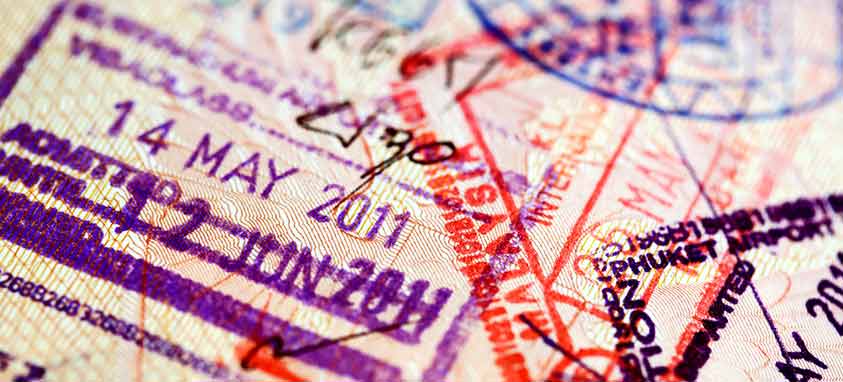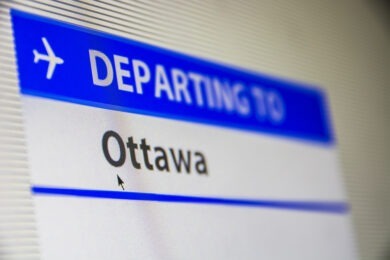Some leaders in the U.S. travel and meetings industries have been less than subdued in their response to President Donald Trump’s immigration edict.
For a quick review: The president signed an executive order on Jan. 27 banning immigrants from seven Muslim countries—Iraq, Iran, Syria, Yemen, Sudan, Libya and Somalia—a move that rippled through every travel segment.
It’s impossible to know what everyone in the industry thinks, but some believe the move could be bad for business. Here are some of the responses from top travel leaders, companies and associations culled from reports published in the past week:
Meetings Association Chief Organizes
Paul Van Deventer, president and CEO of Meeting Professionals International and co-chair of Meetings Mean Business, recognized the global implications of the president’s executive order and sought to unite travel professionals.
“We are concerned the recently signed U.S. executive order on immigration and refugees could have negative impacts on our global membership community and the meeting and event industry,” Van Deventer wrote on the association website. “MPI is lending its full support to the Meetings Mean Business Coalition and their efforts to monitor this issue and understand potential implications. We will unite with fellow coalition members to advocate for our industry, sharing updates with our members on how Meetings Mean Business is ‘reaffirming that it’s critical to strike the right balance between enhanced security and travel facilitation.’”
U.S. Travel Association Takes a Stand
Meanwhile, Jonathan Grella, executive vice president of public affairs at the U.S. Travel Association, told The Hill:
“In this case, it’s a limited universe of people directly affected, but carries with it not inconsequential fall-out potential when it comes to reputational risk and sending an unintended message. People will be understanding and forgiving when security is your motivation, but if they are left with other takeaways that leave the impression that they’re not welcome here, then that’s obviously a different story.”
Airlines Waive Change Fees
Major carriers said they will not charge change fees for travelers affected by the ban, the Points Guy reported. The credit cards and travel website cited a Delta Airlines press release, which stated, “We are working with authorities to comply with the executive order while treating all of our customers with respect and taking great care of any affected customers by assisting them with rebooking options and full refunds.”
Airbnb, Lyft and Uber Share Feelings
Ride-service Uber and other sharing-economy companies offered a variety of measures such as lower-priced rides from JFK Airport, free housing and advocacy donations, Curbed San Francisco reported.
The news website noted a tweet by Airbnb CEO Brian Chesky: “Airbnb is providing free housing to refugees and anyone not allowed in the US,” Chesky wrote. “Stay tuned for more, contact me if urgent need for housing.”
Meanwhile, Lyft said it would donate $1 million to the American Civil Liberties Union to challenge the ban.
Uber offered discount rates for riders traveling from JFK after taxis refused to drive the route in a show of protest. As a member of Trump’s business advisory group, Uber CEO Travis Kalanick said he would bring up the ban with the president. Kalanick later resigned from the group, a day before its first meeting.
Expedia Files Declaration in State Lawsuit
Seattle-based travel website Expedia filed a declaration in a lawsuit filed by Washington state suing the president, the New York Times reported. The Times asked Expedia CEO and Iranian immigrant Dara Khosrowshahi how the company got involved in the lawsuit.
“The state of Washington let us know on Sunday that the suit was something they were considering and asked for our support,” Khosrowshahi said. “We are generally not aggressive against issues that do not relate to our company, but this is travel, our soul and spirit, and we felt we had to respond. Honestly, it was not a debate whether we should we be involved.”




